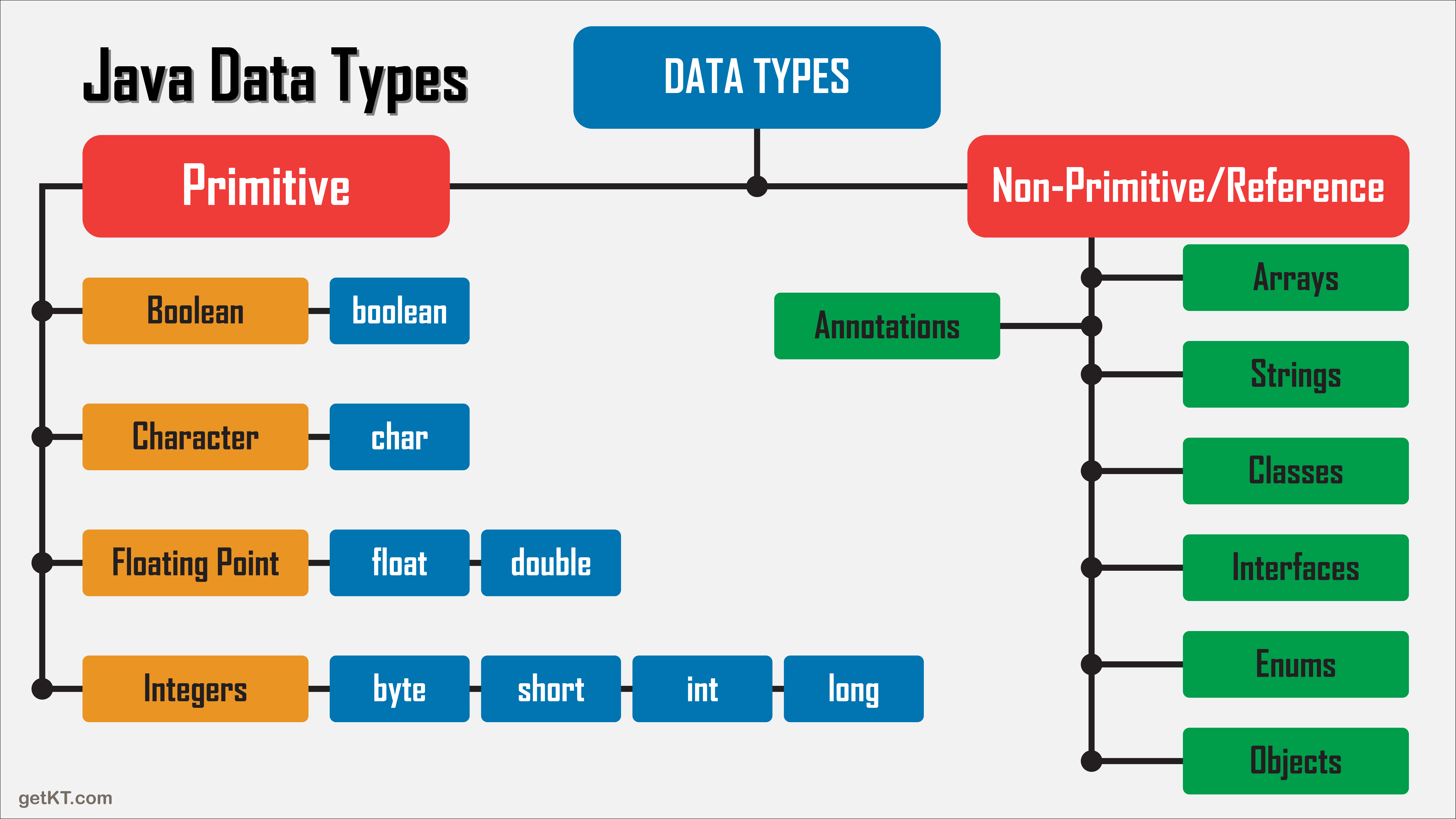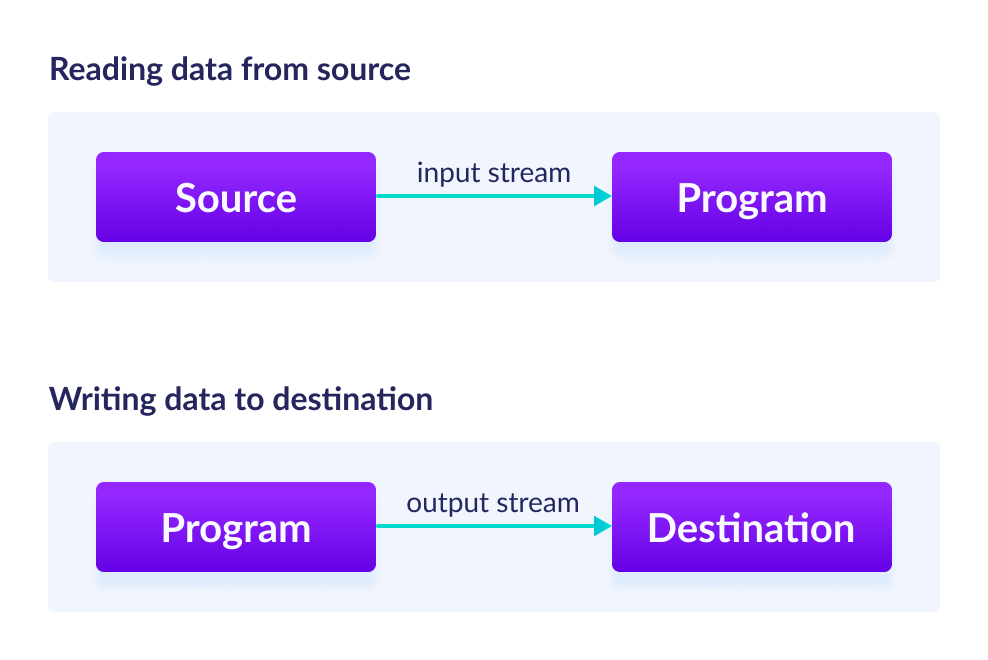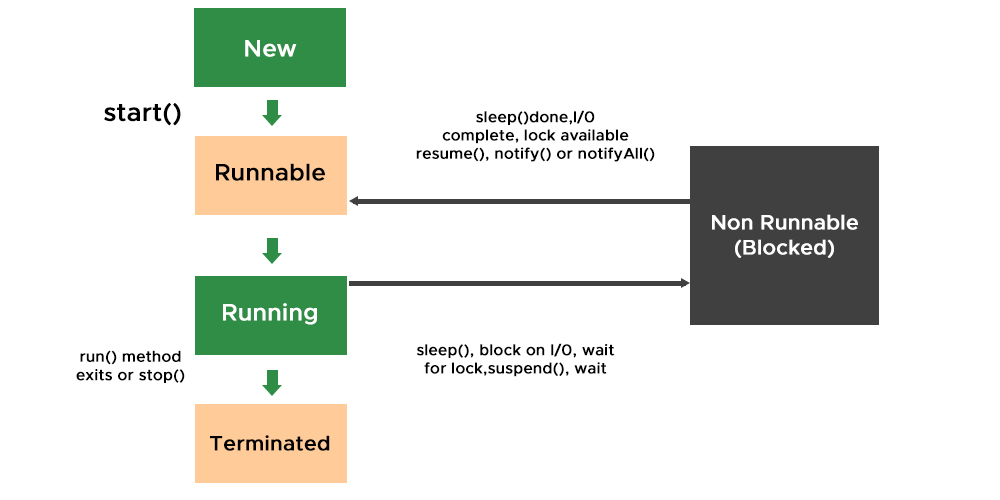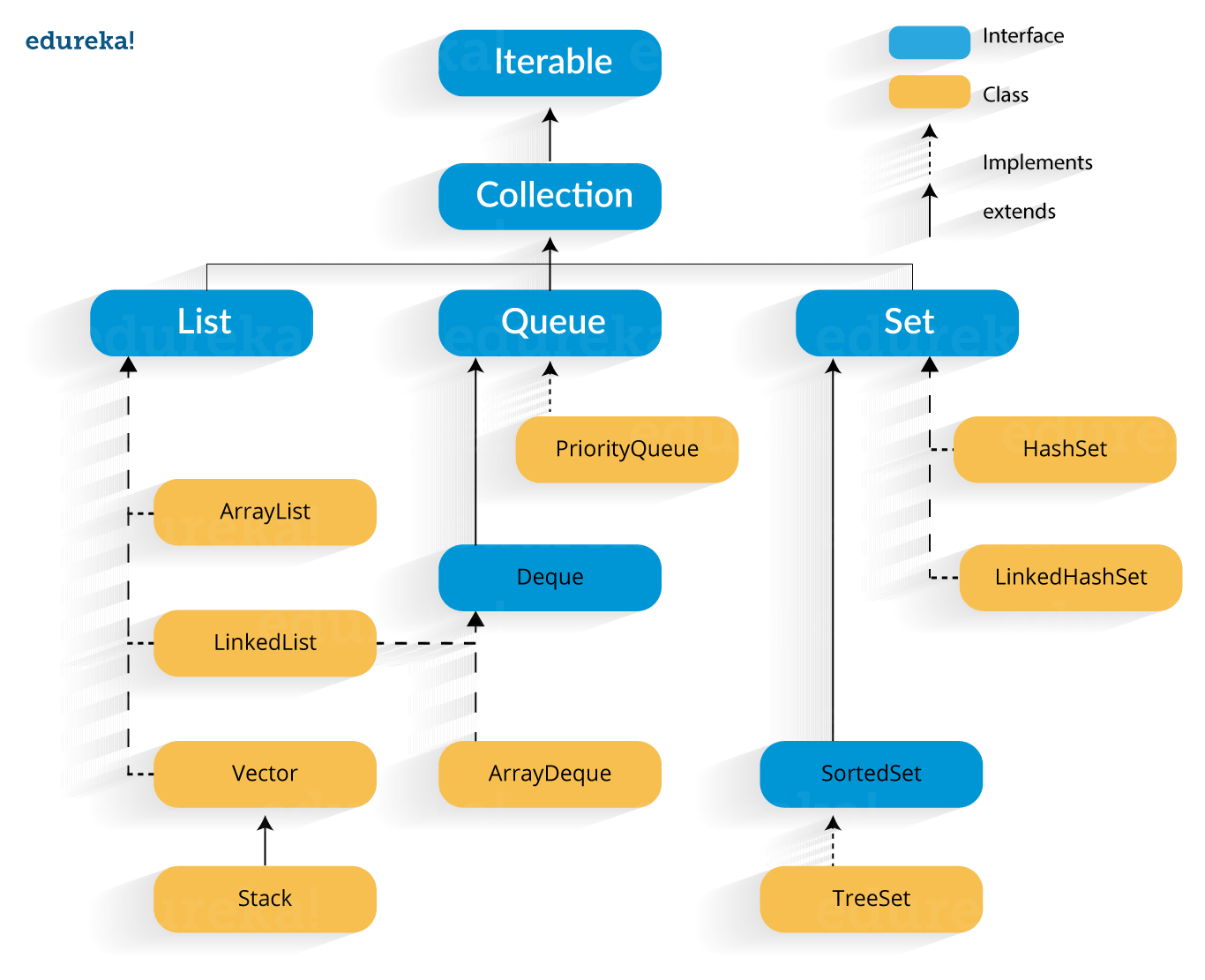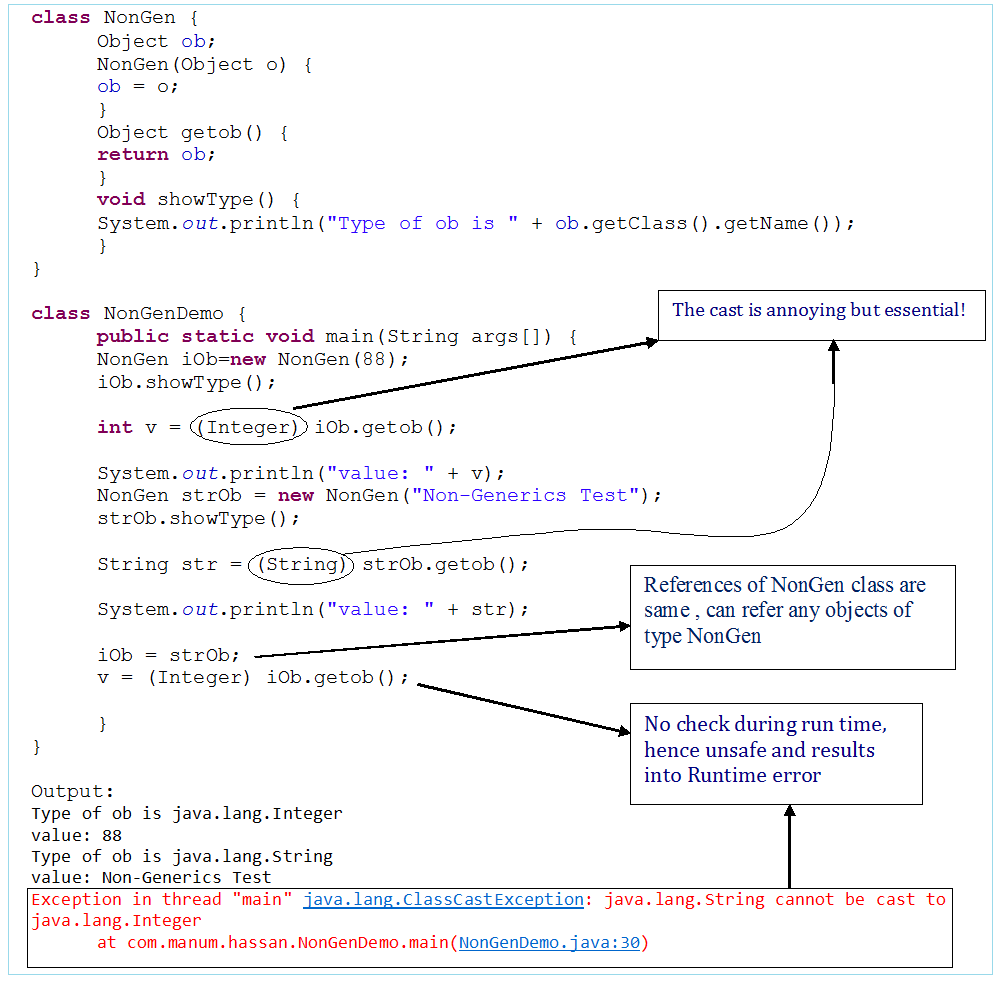Java Core Presentation
| Introduction to Java Core | ||
|---|---|---|
| Java Core is the fundamental part of the Java programming language. It includes the basic features and functionalities that form the backbone of Java programming. Java Core provides the foundation for building robust and scalable applications. | ||
| 1 | ||
| Object-Oriented Programming in Java | ||
|---|---|---|
| Java Core supports object-oriented programming (OOP) principles. It provides features such as classes, objects, inheritance, and polymorphism. OOP allows for modular and reusable code, promoting code organization and maintainability. | ||
| 2 | ||
| Data Types and Variables | ||
|---|---|---|
| Java Core includes a wide range of data types, including primitive types like int, double, boolean, etc. Variables in Java Core hold data and can be assigned different values during program execution. Variables need to be declared with a specific data type before they can be used. | ||
| 3 | ||
| Control Flow Statements | ||
|---|---|---|
| Java Core offers control flow statements like if-else, for, while, and switch. These statements control the flow of program execution based on specific conditions. Control flow statements allow for conditional and iterative programming. | ||
| 4 | ||
| Exception Handling | ||
|---|---|---|
| Java Core provides built-in exception handling mechanisms to deal with runtime errors. Exceptions can be caught, handled, or propagated to higher levels of the program. Exception handling helps in identifying and resolving errors, making programs more robust. | ||
| 5 | ||
| Input and Output Operations | ||
|---|---|---|
| Java Core supports input and output operations through the Java I/ O API. It allows reading from and writing to files, streams, and network connections. Input and output operations are essential for interacting with external resources. | ||
| 6 | ||
| Multithreading | ||
|---|---|---|
| Java Core enables concurrent programming with its multithreading capabilities. Multithreading allows execution of multiple threads concurrently, improving performance. Java provides built-in classes and interfaces to manage and control multithreaded applications. | ||
| 7 | ||
| Collections Framework | ||
|---|---|---|
| Java Core offers a rich Collections Framework for data structure manipulation. Collections Framework includes classes and interfaces for lists, sets, maps, queues, etc. It provides efficient and flexible data structures to store and process collections of objects. | ||
| 8 | ||
| Generics | ||
|---|---|---|
| Java Core supports generics, allowing the creation of type-safe and reusable code. Generics enable the use of parameterized types, providing compile-time type safety. They enhance code clarity and maintainability by enabling strong typing. | ||
| 9 | ||
| Conclusion | ||
|---|---|---|
| Java Core is a powerful and versatile programming language foundation. It provides essential features for building robust and scalable applications. Understanding Java Core is crucial for becoming a proficient Java programmer. | ||
| 10 | ||


